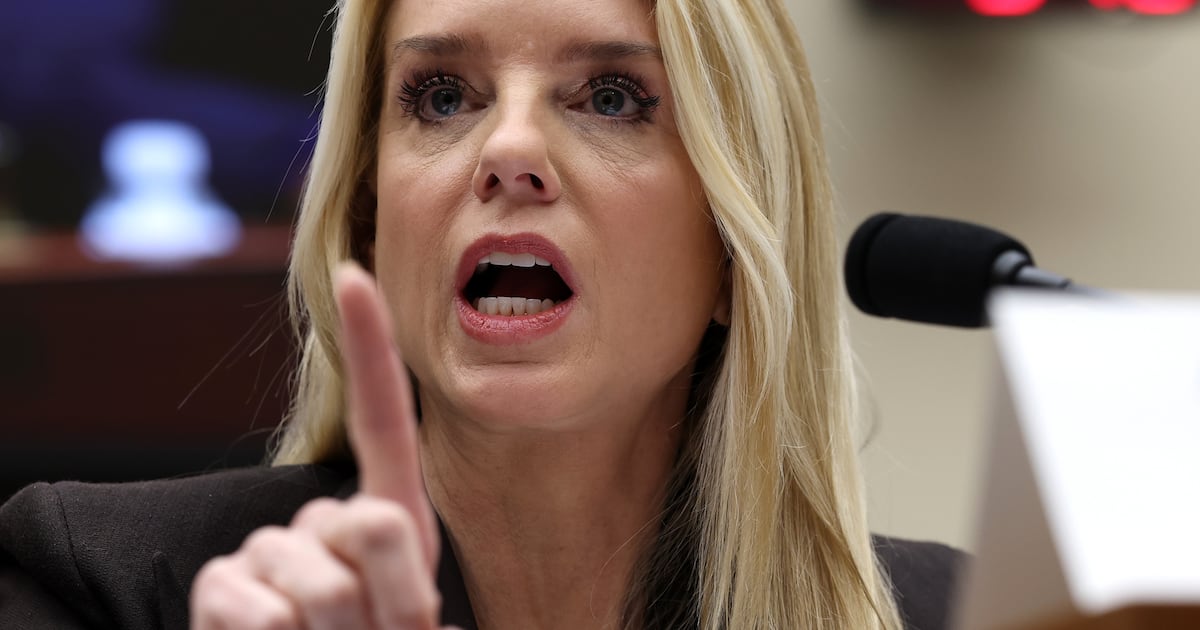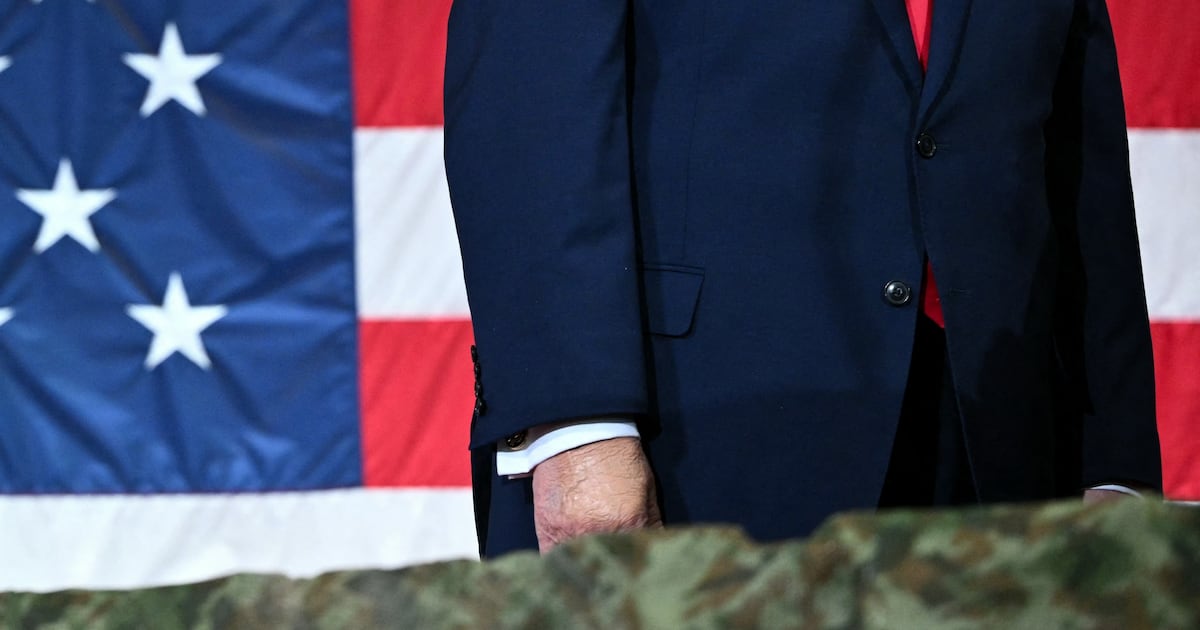Earlier this month, when Louisiana’s New Iberia Research Center, the world’s largest chimpanzee research facility, announced it was moving all 220 of its chimps to a sanctuary in Georgia, it’s a safe bet the news made attorney Steven Wise the happiest man on the planet. That’s because two of the chimps, Hercules and Leo, had been the subjects in an ongoing legal battle about the rights of chimps, a legal case brought by Wise, president of the Nonhuman Rights Project, and the subject of D.A. Pennebaker a Chris Hegedus’s Unlocking the Cage, a documentary out now in New York, followed by a national rollout and an HBO broadcast early next year.
Unlike PETA, which lost a case in 2012 alleging that five orcas held by Sea World deserved constitutional protection under the Thirteenth Amendment prohibiting slavery (the judge in the case ruled that the Thirteenth Amendment only applies to persons), Wise has been pursuing a more radical, nuanced, and researched approach to the issue of animal rights: he wants the most intelligent animals—apes, dolphins, elephants—to be granted legal personhood, so they can invoke habeas corpus and challenge their detention in zoos and other facilities in a court of law.
“The arguments we make deal with the decisions judges make in their fundamental decisions, and that is about liberty and equality,” says Wise. “Today, all animals are on the ‘thing’ side of the law, and all humans are on the ‘person’ side. If you look back 150 years, there were humans on the ‘thing’ side of the law—women, children, slaves. We are trying to open another hole in the wall and move some animals from the ‘thing’ side to the ‘person’ side.”
In other words, if a corporation can legally be considered a ‘person,’ why not a chimp?
“It’s a very novel approach and [Wise] is pushing the envelope,” says Chris Green, Executive Director of Harvard Law School’s Animal Law and Policy Program.
“As far as acceptance goes, the jury is still out. And there is concern that the animal protection community might get too far in front of itself that if they find a judge who is too far ahead of public sentiment, there might be some sort of backlash.”
Wise is the first to admit that his tactics haven’t proven successful so far. All the cases in the film were filed in New York State, and so far the only success he has had was an appellate decision that declared Hercules and Leo “could” be legal persons, but the judge felt bound by precedent and denied them the right of habeas corpus “for now.”
“We understand that if judges are going to make important decisions, they have to hear these cases five times, 10 times. How much are they crawling out on a limb by ruling in our favor? It’s a long process,” says Wise, who notes that losses in three appellate courts, all on different grounds, “tell us that the law is far from stable.”
“Wise thinks of himself as a battering ram, and he’ll keep battering away until he breaks through,” says David Favre, a professor of property and animal law at Michigan State. “He has researched the law, found a state he thought would be most open to hearing the issue, found plaintiffs, and a legal team to put together the materials. His case is educational, awakening judges to think of these issues. He’s trying to steer a really big ship in a different direction.”
Yet even though Wise may be thought of as something of an outlier in the legal system, in the court of public opinion he seems to be swimming with the mainstream. A recent Gallup poll found that nearly a third of all Americans believe animals should have the same rights as people, and a majority feel they deserve “some protection,” yet can still be used for human benefit.
In addition, pressure from animal rights activists recently forced Ringling Brothers Circus to phase out all its elephants and move them to a Florida sanctuary.
And SeaWorld announced that it will stop breeding killer whales and will phase them out of its live shows in the wake of the sparked by the acclaimed documentary Blackfish.
Favre believes this sea change in opinion, which he says is relatively recent, is because “you can’t ignore the fact that pets have been important to the idea of a core family over the past 15 years. Pets are emotionally very important, and I think people are more aware of pets as companions and transferring that to other animals. And there is more and more science coming out about the complexity and intelligence of other animals.”

Wise, who has bolstered his arguments with numerous studies on how advanced chimps are cognitively, believes at the very least these animals should have the legal rights of a human five-year old. And in Unlocking the Cage he states very clearly the difference between animal welfare, which he is not litigating, and animal rights, which he is. “This is the detention of an autonomous being,” he says. “We’re not talking about how he’s being treated.”
“Everyone’s core goal is animal protection, and improving the conditions under which animals are treated,” says Green. “Welfare is trying to make improvements under current laws, or improve those laws. On the rights side, that’s saying you’re just putting nicer wallpaper on a prison, and by making conditions for animals more humane, you are perpetuating their captivity.”
So where is this all headed? Everyone involved with animal law agrees that animals born and raised in captivity do not have the survival skills to live in the wild, which is why sanctuaries are a logical alternative to zoos, carnivals, entertainment attractions, and research facilities. But the big question is, what happens if Wise is successful with his lawsuits? Since an ape in Argentina has already been granted human-like rights, this is not such a far-fetched concept. Does this mean that eventually human-like rights will be granted to chickens? Pigs? Cats? Dogs?
“Who knows where it’s going? ” says Favre. “That’s why this is such a great adventure. [Wise] is using chimps because it’s the easiest case to make.”
“In five years, I think you’re going to see massive strides, more corporations stepping up and eliminating certain practices considered cruel, and I think keeping wild animals captive, you will see progress,” adds Green. “As far as actual rights go, the jury is still out, but I think there will be a shift in the way we treat these animals, and they might have the right to additional protection.”
And there’s this. In the film, Wise notes that when he first began this form of advocacy, people used to bark at him when he entered a courtroom. Not anymore. And in fact, Wise is now expanding his efforts, and intends to file a habeas corpus lawsuit on behalf of two captive elephants (he won’t name the state they’re in until he files later this year).
So stay tuned. This story is far from over.






